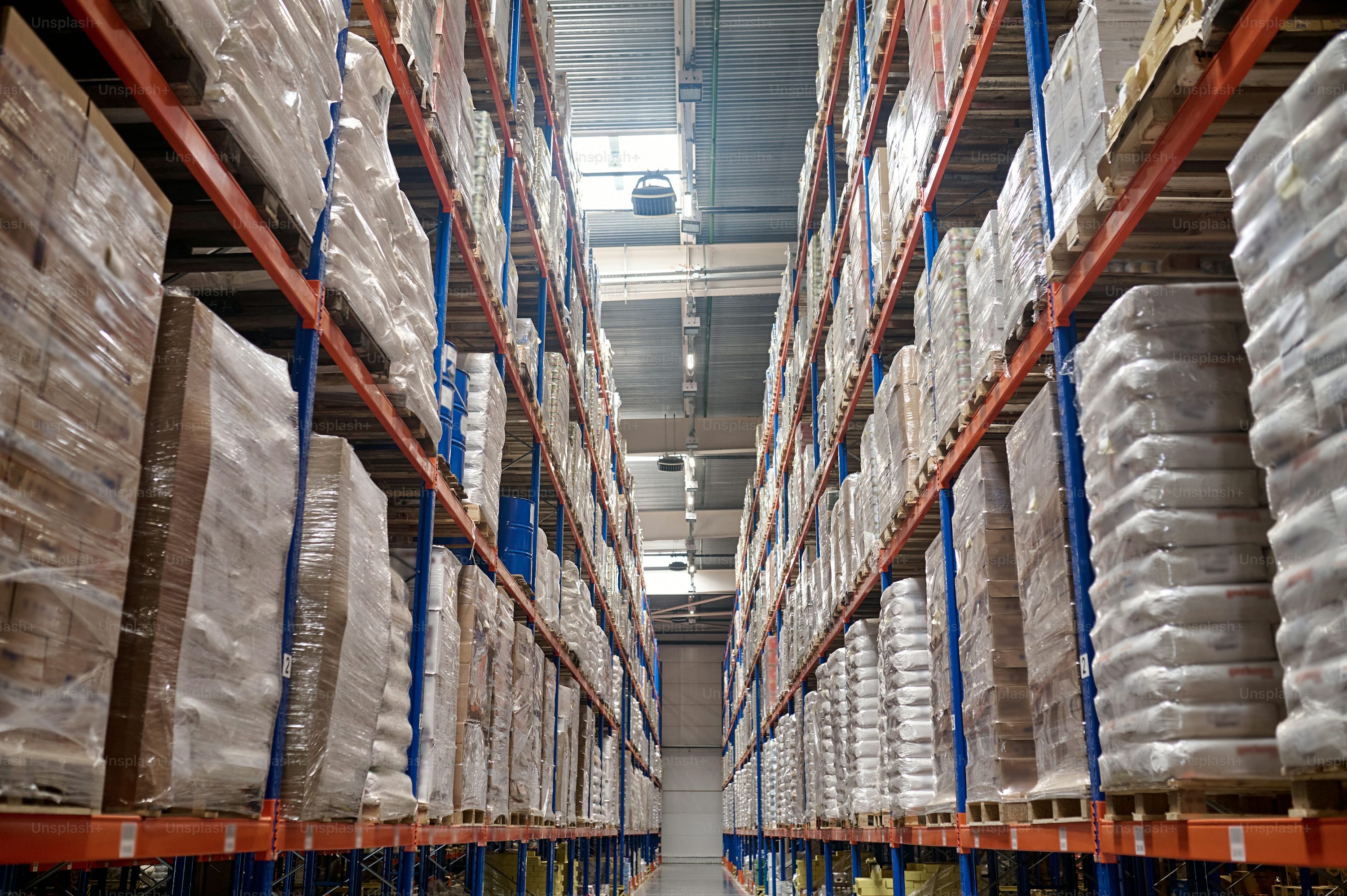Storage services play an essential role in both personal and business spaces, offering a convenient solution to the growing demand for more space. Whether individuals are downsizing, relocating, decluttering, or businesses are seeking to store excess inventory, office equipment, or archives, storage services provide the flexibility to meet these needs. In this article, we'll explore the various types of storage services, their benefits, and key factors to consider when choosing a provider.
Types of Storage Services
-
Self-storage: Self-storage is one of the most popular storage options. It allows individuals or businesses to rent storage units in a secure facility, offering easy access whenever needed. Customers can choose from a variety of unit sizes, depending on their storage needs. Self-storage is ideal for storing household items, furniture, documents, or business inventory. It is typically available on a month-to-month basis, giving customers flexibility in their rental duration.
-
Climate-controlled storage: For items sensitive to temperature and humidity, climate-controlled storage units are a perfect solution. These units maintain a consistent environment to protect items such as electronics, artwork, documents, and antique furniture. Climate-controlled units are often recommended for people storing valuables or items that could deteriorate in fluctuating conditions.
-
Portable storage: Portable storage services bring the storage unit directly to the customer's location. The customer can pack the unit at their own pace, and once it's ready, the storage company picks it up and stores it at a facility or delivers it to another location. This service is especially useful during moving or renovation, offering both convenience and flexibility.
-
Business storage: Businesses can greatly benefit from storage services to store excess inventory, office furniture, equipment, or important documents. These units help free up valuable office space and allow businesses to operate more efficiently. Business storage solutions often include document archiving, records management, and even warehousing solutions for e-commerce businesses.
-
Vehicle storage: For people who need to store cars, motorcycles, boats, or RVs, vehicle storage services are available. These facilities offer secure parking spaces, with some providing covered or indoor options to protect vehicles from the elements. It’s ideal for those who lack the space to store their vehicles at home.
Benefits of Storage Services
-
Security: Most storage facilities prioritize security, offering features like 24/7 surveillance, gated access, and individual locks on units. Some services even provide biometric access, alarm systems, and onsite personnel to ensure the safety of stored items.
-
Flexibility: Storage services allow for short-term or long-term storage, depending on the customer’s needs. Many facilities offer month-to-month contracts, so customers are not locked into lengthy agreements, making storage solutions versatile and adaptable.
-
Space-saving: By renting a storage unit, individuals and businesses can free up space in their homes or offices, making them more organized and functional. It also provides an option to safely store seasonal items, like holiday decorations or outdoor equipment, without overcrowding living spaces.
-
Convenience: Storage services provide easy access to stored items. Whether it's the flexibility of self-storage or the convenience of portable storage, customers can choose services that align with their schedule and requirements. Many facilities offer 24/7 access, allowing users to retrieve items whenever they need.
-
Cost-effective: Renting a storage unit is often more affordable than renting additional office or living space. For businesses, the savings from not having to lease larger premises can be significant. Additionally, self-storage facilities offer units in various sizes, so customers only pay for the space they need.
Key Factors to Consider When Choosing a Storage Service
-
Location: The proximity of the storage facility to your home or office is important. A convenient location can save time and transportation costs, especially if you need regular access to your stored items.
-
Security: Ensure that the storage facility has robust security measures in place, including surveillance cameras, access control systems, and well-lit premises. This will give you peace of mind that your items are safe.
-
Storage unit size: Consider the amount of space you need before choosing a storage unit. Many facilities offer size guides to help customers pick the right unit, ensuring you’re not paying for more space than necessary.
-
Climate control: If you’re storing sensitive items, like electronics or antiques, opt for climate-controlled units to protect your belongings from damage caused by extreme temperatures or humidity.
-
Access hours: Check the facility’s access hours to ensure they align with your schedule. Some storage services offer 24-hour access, while others may have restricted hours.
Conclusion
Storage services offer a flexible, secure, and convenient solution for individuals and businesses looking to manage space efficiently. With a wide variety of options available, from self-storage to climate-controlled and vehicle storage, there’s a solution for every need. By considering factors like location, security, and unit size, you can choose a storage service that best meets your requirements, ensuring your belongings are safe and easily accessible.
